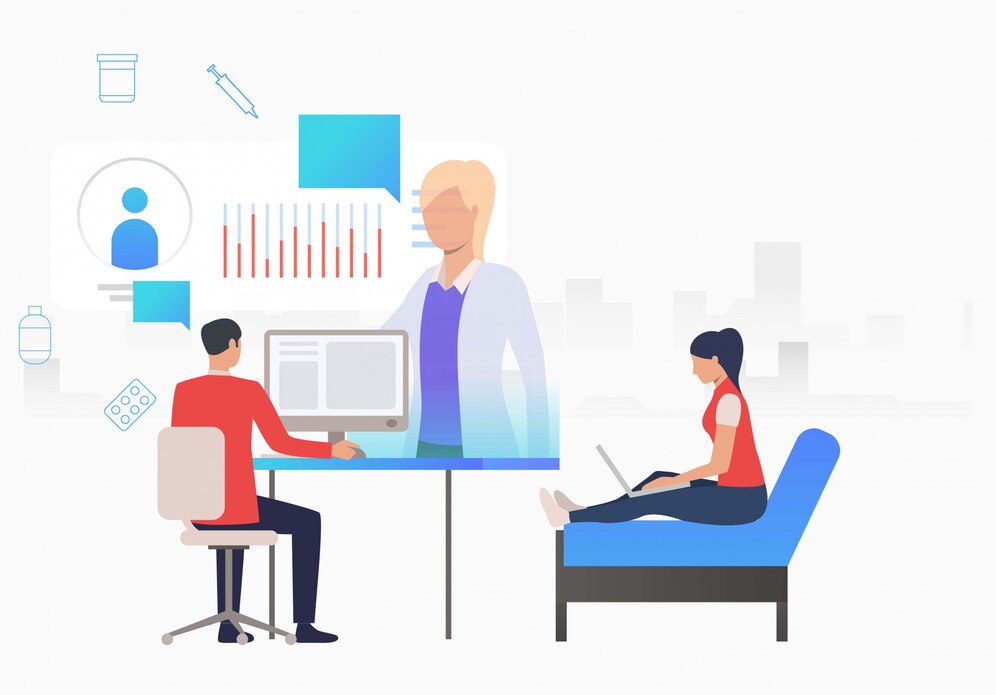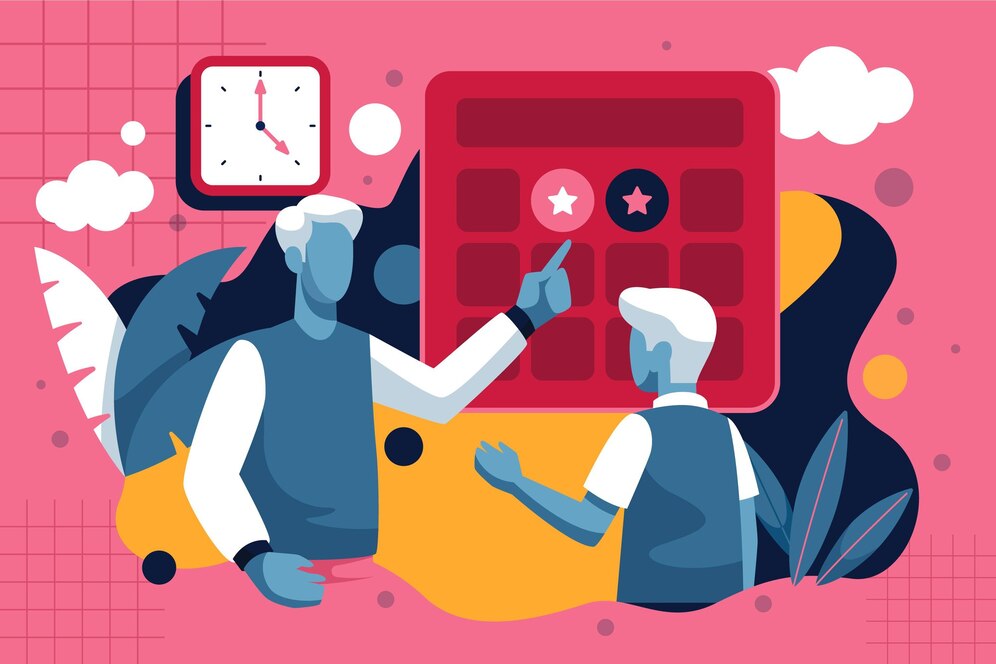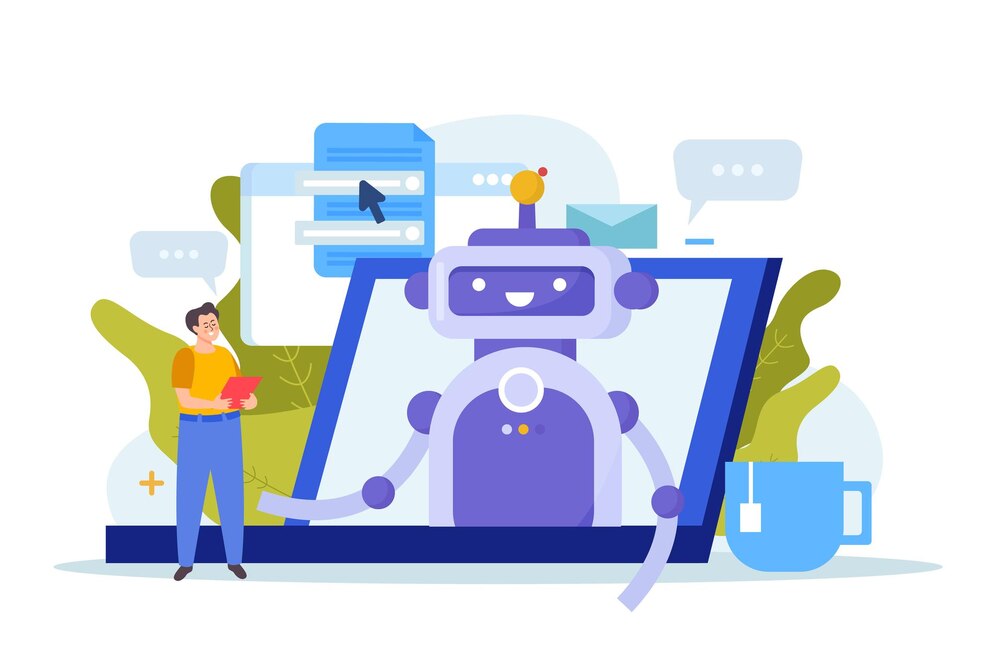TL;DR (Too Long; Didn’t Read)
AI is revolutionizing the interview process by automating everything from candidate responses to offering real-time auto-transcripts. It’s speeding up hiring, making it more fair, and eliminating those awkward “tell me about yourself” questions. In this post, we’ll dive into how AI is reshaping interviews, the benefits of AI-driven tools, and why it’s time to embrace the future of hiring.
Introduction: The AI Revolution in Hiring
Gone are the days when interviews were just about assessing someone’s charm during awkward “tell me about yourself” questions. With AI, the game is changing. Today, AI is making the entire interview process faster, smarter, and fairer. From automating the screening process to analyzing responses for sentiment, AI is helping recruiters save time, reduce bias, and ultimately make better hiring decisions.
As we move into 2025, it’s clear: AI is no longer a futuristic concept but a present-day tool that’s transforming how we evaluate candidates. Let’s explore the ways AI is making interviewing faster, more efficient, and – let’s be honest – a lot less stressful.
How AI Is Changing the Interviewing Process
1. AI-Powered Screening & Interviewing: Shifting Beyond the Basics
For years, hiring managers have relied on standard questions like “Tell me about yourself” to gauge a candidate’s fit. While those questions may still be part of the process, AI is taking over by automatically scoring candidate responses. AI tools use natural language processing (NLP) to analyze how candidates answer these questions, evaluating their tone, content, and delivery. It’s more than just the answer itself; AI takes into account emotional expression and communication style, offering a more holistic evaluation.
Key Feature | How AI Improves It |
Interview Screening | AI assesses responses for emotional tone, confidence, and key phrases, providing a deeper understanding of the candidate. |
Job Fit Evaluation | AI analyzes not just resumes but also video responses, evaluating whether a candidate is the right cultural and skill fit. |
Bias Reduction | AI creates a standard evaluation process, eliminating unconscious bias and offering a more objective view of each candidate. |
2. From ‘Tell Me About Yourself’ to Auto-Transcripts
With AI, the dreaded opening questions, like “Tell me about yourself,” may soon become a thing of the past. Now, AI platforms provide real-time transcription during interviews, automatically converting speech into text. This is a game-changer for recruiters, as it eliminates the need for manual note-taking and offers an immediate summary of key responses.
Even better, these AI-generated transcripts aren’t just simple transcriptions—they’re intelligent. AI can flag important phrases, suggest deeper follow-up questions, and even analyze the tone of a candidate’s answers. Recruiters can review these detailed transcripts right after the interview, making the process more efficient and allowing for quicker decisions.
3. AI Can Track Candidate Body Language (No, Really!)
The ability to read body language is a crucial aspect of interviews. Now, AI is stepping in to help with this task. Through computer vision, AI can analyze facial expressions, eye movement, and posture during virtual interviews. This adds another layer of analysis to traditional interviews, providing insights into a candidate’s confidence, stress levels, and overall demeanor.
For instance, AI can determine if a candidate is fidgeting, avoiding eye contact, or showing enthusiasm, all of which can inform a recruiter’s decision-making process.
Benefits of AI Interviewing
Benefit | How AI Delivers |
Speed | AI automates the initial screening and evaluation process, significantly reducing time-to-hire. This allows recruiters to focus on the best candidates right away. |
Accuracy | AI ensures standardized evaluations across all candidates, removing the chance of human error in assessments. |
Fairness | By relying on data, AI ensures that every candidate is evaluated solely on their qualifications and responses, rather than unconscious biases. |
Cost-Effective | By automating many aspects of the interview process, AI reduces costs associated with scheduling, reviewing resumes, and conducting initial interviews. |
How to Set Up AI-Powered Interviews (Without Looking Like a Robot)
Setting up AI interviews is straightforward, but there are a few key steps to ensure you get the best results:
Select the Right Tool
There are various AI-powered tools available. Make sure the one you choose suits your specific needs—whether that’s real-time transcriptions, sentiment analysis, or body language recognition.Customize Your Questions
Tailor your interview questions to the role you’re hiring for. AI can only evaluate responses based on the questions you ask, so make sure you focus on what’s most important for the job.Run Test Interviews
Before you start using AI interviews for actual hiring, run a few test interviews internally to understand how the system works and what kind of feedback it provides.Review AI Feedback
After the interview, take time to review the feedback provided by the AI. This may include transcripts, sentiment analysis, and suggested follow-up questions to dig deeper into the candidate’s responses.
Real-Time Data: How AI Is Shaping the Future of Hiring
AI in hiring is growing rapidly. Recent studies show that around 42% of global companies have integrated AI into their hiring process in 2025. A report by McKinsey found that companies using AI for hiring have seen a 25% increase in efficiency and a 33% reduction in time spent reviewing resumes and conducting interviews .
Frequently Asked Questions (FAQs)
1. How does AI reduce bias in hiring?
AI removes subjective decision-making by relying solely on candidate data, responses, and qualifications, preventing bias based on gender, age, or ethnicity.
2. Do AI interview tools replace human recruiters?
No, AI is meant to assist recruiters, not replace them. While AI handles repetitive tasks like screening and scoring, human recruiters still provide essential judgment in the final hiring decisions.
3. Are AI-powered interview tools secure?
Yes, AI interview tools are built to comply with data protection laws like GDPR, ensuring the security and privacy of candidate data.
4. What happens if there are technical issues during an interview?
Many AI interview systems have built-in safeguards that allow candidates to re-record answers or reconnect if they experience technical problems during the interview.
Conclusion: The Future of Interviews Is Here
AI is no longer a futuristic luxury—it’s an essential part of the hiring process. By automating repetitive tasks, eliminating biases, and offering instant, in-depth evaluations, AI is making the recruitment process faster, smarter, and more equitable. Now’s the time to embrace AI and stay ahead of the competition in the hiring game.
Ready to make your recruitment process smarter? AI is here to help you take the next step into the future of hiring.



